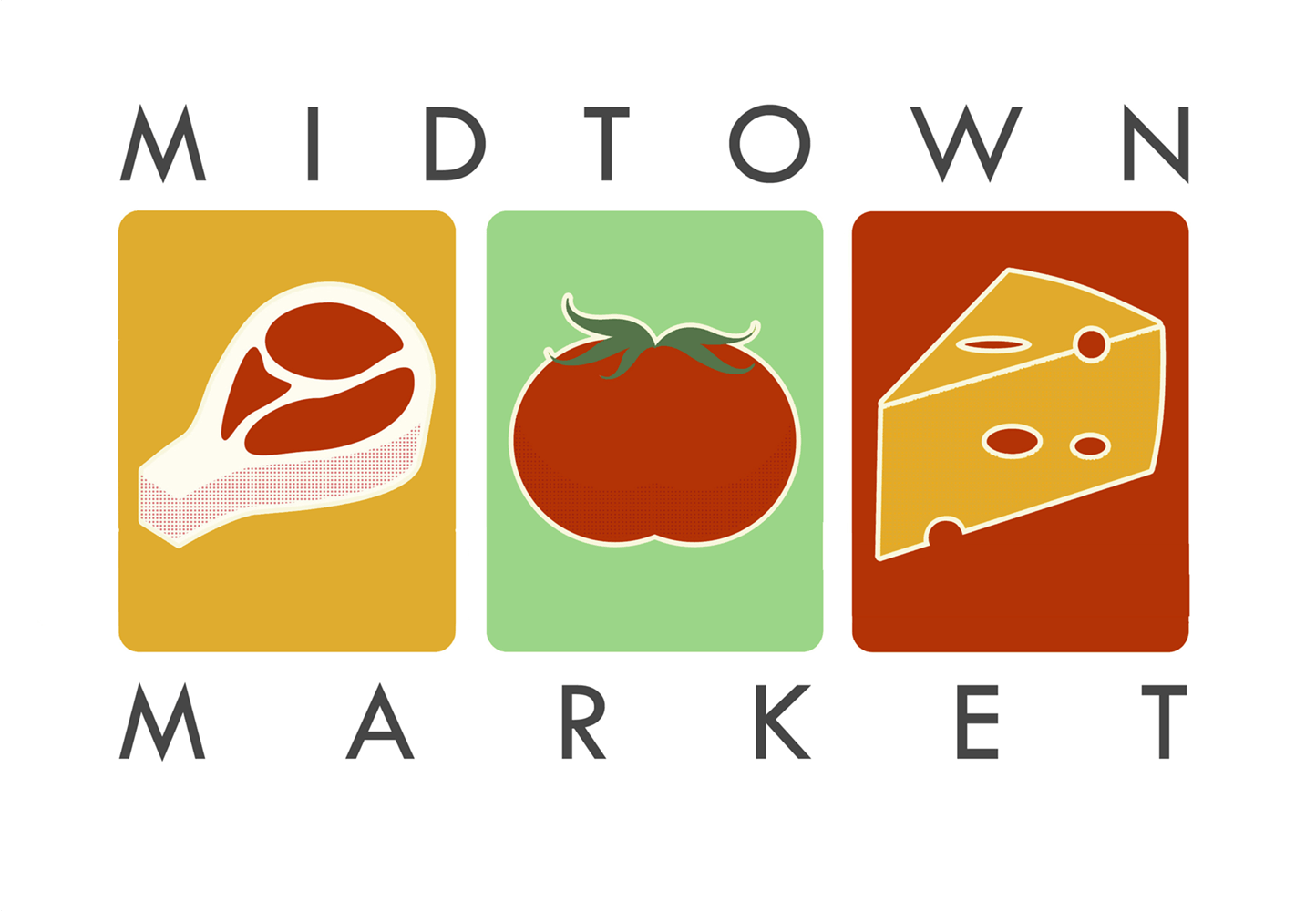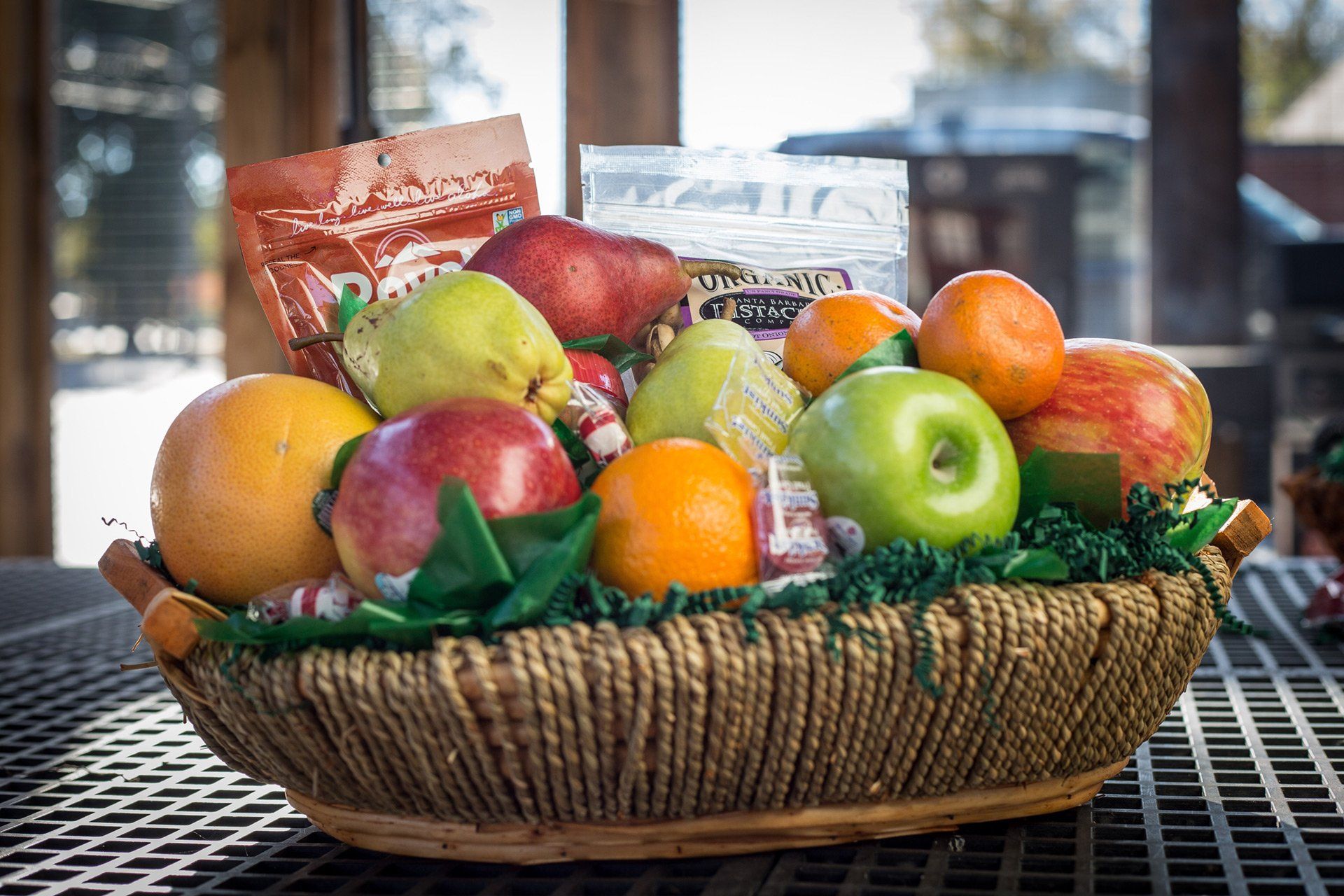The Low-Down About Milk Alternatives
Soymilk. Hemp milk. Coconut milk. Almond milk. Rice milk. Cow’s milk. With all of the milk varieties available on grocery shelves these days it’s difficult to know what’s what. Take, for example, the following questions:
- What’s the best milk to cook with?
- Which alternative milk is good for my health?
- What can I drink if I’m lactose intolerant or just don’t like the taste of cow’s milk?
- Is almond milk really any better for me than cow’s milk?
- What can I do with coconut milk?
We get questions like these all the time. So we thought we’d dispel any myths that may exist about cow’s milk and the many milk alternatives that are now available, as well as educate our readers on the benefits and drawbacks of each. Here’s the lowdown.
Cow’s Milk
Pros : Cow’s milk is still one of the best sources of high-quality protein, calcium*, and Vitamins A and D. It can be found in a variety of product options ranging from whole milk (at least 3.25 percent milk fat) to skim milk (fat-free).
Cons : Those with milk allergies and those who are lactose-intolerant should avoid cow’s milk and other products in which it is used.
Soymilk
Produced from ground soybeans and filtered water.
Pros : Soymilk is high in fiber, as well as a good source of high-quality protein. It is often fortified** with vitamins and minerals, such as riboflavin, calcium and Vitamins A and D. Soymilk is naturally cholesterol-free and generally, contains more antioxidants than cow’s milk. Unsweetened varieties can be used as a milk substitute in a host of recipes, including sauces and savory dishes. If you choose a sweetened variety you’ll want to consider reducing the sugar in the recipe and adjusting other flavors.
Cons : Soymilk is not as creamy as cow’s milk and therefore some do not like the flavor it adds to coffee and tea. Soymilk is not the best alternative milk for those with allergies to soy products.
Rice Milk
U sually made from brown rice and filtered water
Pros : Rice milk is naturally sweet and therefore when paired with a thickening agent, such as flour or cornstarch, can be used in baking. It is good in light sauces and non-creamy soups. Rice milk often provides a good alternative for those individuals with dairy, soy or nut allergies. Most brands of rice milk are hypoallergenic and gluten-free (read the labels carefully). It contains no saturated fat, making it a heart-healthy choice for some.
Cons : It is often too watery for cooking and baking (aside from adding a thickening agent as noted above). It is high in carbohydrates, which may pose problems for those seeking to reduce their sugar consumption. This would include those with diabetes or glucose-intolerance. Rice milk contains no protein and very little calcium.
Almond Milk
M ade from ground almonds and filtered water
Pros : Almond milk often has a subtle nutty flavor that many enjoy. It comes in sweetened and unsweetened varieties. Some find it too sweet to use in savory dishes, however it has been proven delicious in a number of desserts and smoothies.
It has a creamy texture that is similar to dairy milk, making it a good choice for coffee and soups. It is rich in Vitamin E (more than in cow’s milk) and is a good source of calcium and Vitamin D, making it comparable to the nutritional benefits of cow’s milk. It has proven helpful to individuals who battle gastrointestinal disorders.
Cons : There is less protein in almond milk than in cow’s milk and soymilk, and if unfortified, it will not contain the vitamins, fatty acids and minerals that are naturally found in cow’s milk. It may not be the best milk alternative to use in savory dishes such as soups. Those with nut allergies will also find it difficult to process almond milk.
Coconut Milk
Made from finely grated coconut meat that has been steeped in hot water and then filtered
Pros : Those who enjoy drinking whole dairy milk will love the thick, creamy texture of coconut milk. It can be used in various creamy beverages and dishes, such as smoothies, whipped creams, puddings, soups, stews and sauces. (That found in a can version is generally too thick to drink, but can be used in cooking.) Coconut milk is also high in Vitamin D and offers a pleasant nutty flavor that makes it good for baking. It’s high in potassium and is gluten-free.
Cons : Regular coconut milk tends to be higher in saturated fat and therefore it is not a good option for those striving to maintain a heart-healthy diet. It’s also lower in protein, calcium. Those drinking coconut milk should be careful to supplement their diet with these nutrients that the milk lacks.
Hemp Milk
Made from shelled hemp seeds and filtered water. (NOTE: The seeds used in hemp milk are not the same variety as those used to harvest marijuana.)
Pros : Most types of hemp milk contain some form of sweetener and are fortified with vitamins and minerals. It is generally lower in calories and fat than cow’s milk, coconut milk, almond milk and regular soymilk. It is rich in calcium.
Cons : It is sometimes accused of having a “grassy” flavor.
How Do I Choose Milk That’s Right For Me?
What it all boils down to is this. Whether you choose to drink cow’s milk or to incorporate one of these plant-based milk alternatives into your diet depends on the nutrition profile you are striving to follow. Keep in mind that cow’s milk provides many of the nutrients that our bodies need to stay healthy. Therefore, when you select a dairy alternative, be sure to supplement your diet with foods rich in those nutrients that the alternative milk may lack, such as calcium, potassium, Vitamin D, phosphorus and protein. Think about what it is you want to achieve and then choose your milk products accordingly.
If you have more questions after reading this post, you can also seek information from the McCracken County Extension Service. They have all sorts of information, including several recipes you can try when incorporating new products into your diet.
Key Terms to Know:
Calcium : a mineral that our bodies need for good heart health, muscle development and a strong functioning nervous system. It is also helpful in our bodies’ ability to clot blood.
Protein : amino acids that help our bodies to build and repair tissue.
Vitamin D : helps our bodies to absorb calcium.
Riboflavin (Vitamin B2): helps our cells produce energy in all parts of the body.
Fortified means that minerals and vitamins have been added to enhance the product’s nutritional value. These nutrients do not occur naturally.









